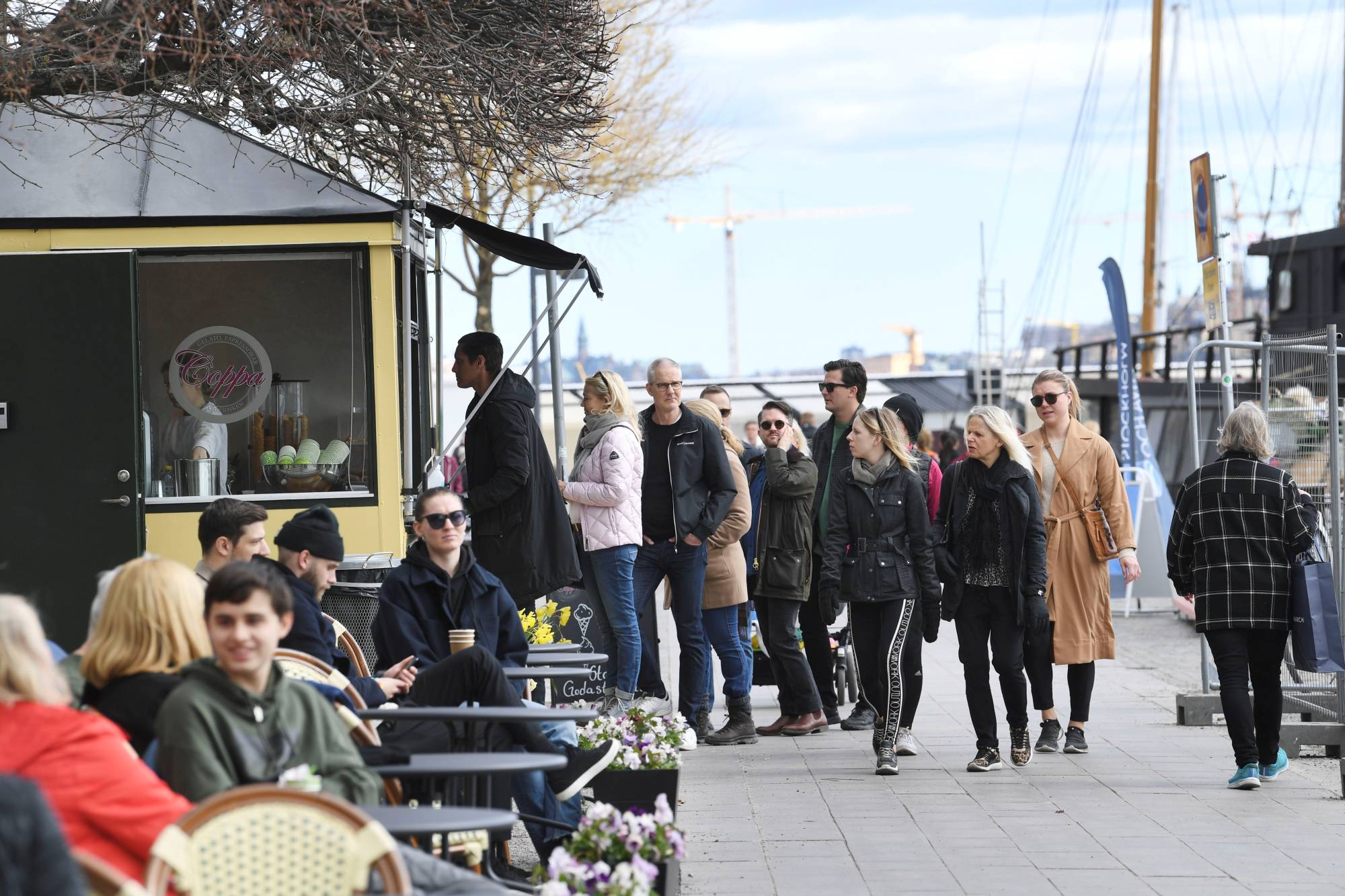Does Sweden’s decision to spurn a national lockdown offer a distinct way to fight COVID-19 while maintaining an open society? The country’s unorthodox response to the coronavirus is popular at home and has won praise in some quarters abroad. But it also has contributed to one of the world’s highest COVID-19 death rates, exceeding that of the United States.
In Stockholm, bars and restaurants are filled with people enjoying the spring sun after a long, dark winter. Schools and gyms are open. Swedish officials have offered public-health advice but have imposed few sanctions. No official guidelines recommend that people wear masks.
During the pandemic’s early stages, the government and most commentators proudly embraced this “Swedish model,” claiming that it was built on Swedes’ uniquely high levels of “trust” in institutions and in one another. Prime Minister Stefan Lofven made a point of appealing to Swedes’ self-discipline, expecting them to act responsibly without requiring orders from authorities.



